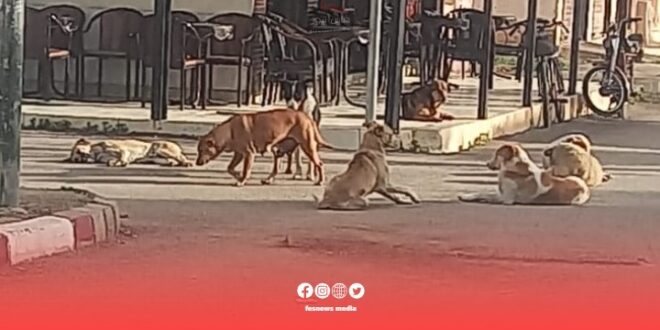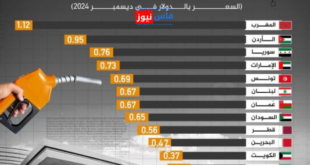Moroccan Minister of Interior, Abdelouafi Laftit, has revealed a comprehensive government plan to address the issue of stray dogs in the kingdom, emphasizing that this phenomenon poses both a health threat and a financial challenge to the ministry.
Laftit, responding to a parliamentary question, explained that stray dogs are a major source of several dangerous diseases, primarily rabies. He pointed out that the responsibility for combating this phenomenon lies with the local councils and their presidents as part of their duties related to prevention and health preservation.
Key points of the ministry’s plan include:
- Substantial Budget Allocation:
- 70 million dirhams allocated over the past five years for acquiring equipment to combat stray dogs.
- 880,000 dirhams allocated to Marrakech municipality for purchasing two equipped vehicles for collecting stray dogs.
- Strategic Partnerships:
- A framework agreement signed in 2019 between the Ministries of Interior and Health, the National Office for Food Safety, and the National Association of Veterinarians.
- Collaboration with the French Pasteur Institute to benefit from its expertise in managing the stray dog phenomenon.
- Partnership agreement signed with Hassan II Institute of Agriculture and Veterinary Medicine in July 2023 to encourage scientific research.
- New Scientific Approach:
- Adoption of a program for surgical sterilization and vaccination of dogs against rabies.
- Development of an integrated three-year action plan (2023-2025).
- Infrastructure Enhancement:
- Establishment and equipping of communal and regional pounds for stray dogs and cats.
- Creation of 130 communal health preservation offices between 2019 and 2025.
- Continuous Financial Support:
- Annual transfer of 40 million dirhams to the budget of the Moroccan Pasteur Institute for acquiring vaccine and serum materials.
- Additional 40 million dirhams allocated annually by local communities for the same purpose.
The Minister emphasized that these measures aim to stabilize the number of stray animals before gradually reducing it, stressing the importance of cooperation between various concerned parties to achieve tangible results in combating this phenomenon.
Laftit also noted that the Interior Ministry is working on supporting many local communities to establish and equip communal or regional pounds for stray dogs and cats. He mentioned that Marrakech city has benefited from a support of 5 million dirhams to establish and equip a pound for sterilizing and vaccinating stray dogs and cats, with the progress of work at this pound reaching about 60%.
The Minister highlighted the ministry’s efforts to improve performance and overcome negative aspects in the field of health preservation through the establishment of these communal health offices. He also mentioned the annual distribution of vaccine and serum materials to 672 centers for combating rabies, including 15 centers in Marrakech prefecture.
In conclusion, Laftit stressed that this comprehensive approach reflects the government’s commitment to addressing the stray dog issue effectively, considering both public health concerns and animal welfare.
 فاس نيوز ميديا جريدة الكترونية جهوية تعنى بشؤون و أخبار جهة فاس مكناس – متجددة على مدار الساعة
فاس نيوز ميديا جريدة الكترونية جهوية تعنى بشؤون و أخبار جهة فاس مكناس – متجددة على مدار الساعة













